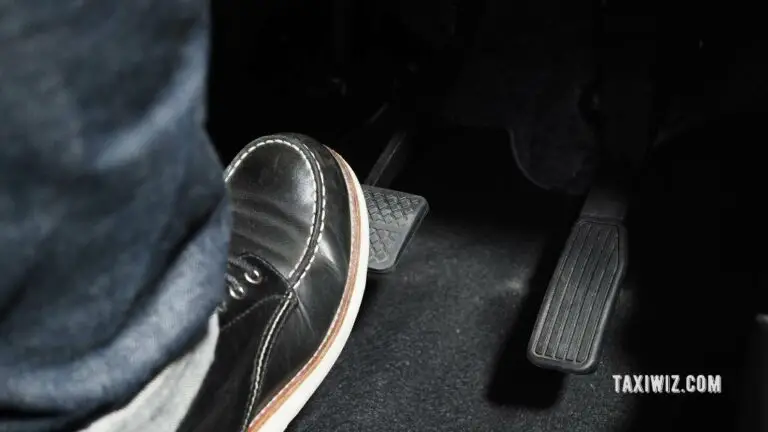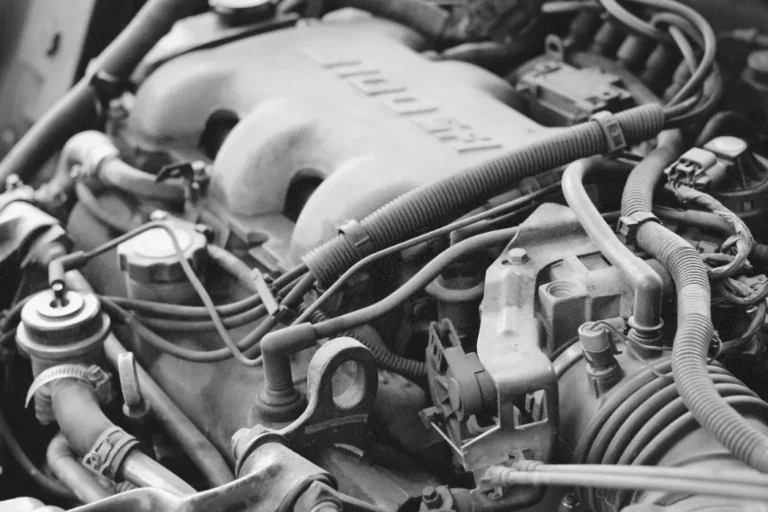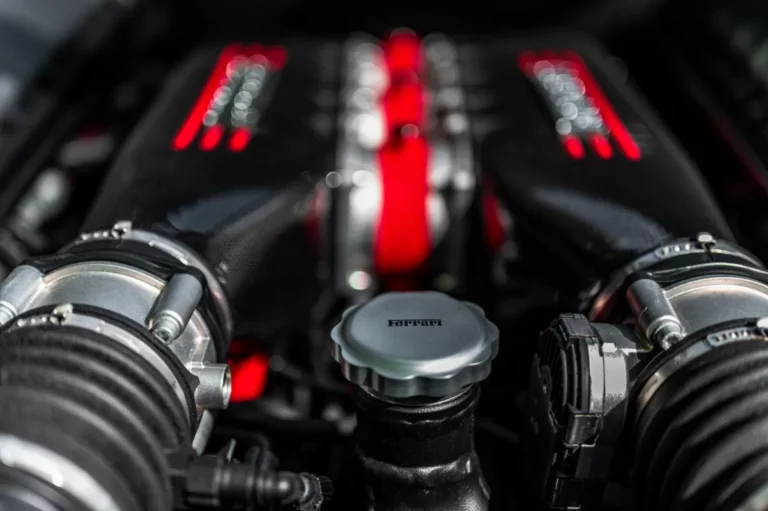Radiator Keeps Pushing Water Out – [Reasons & Fixes!]
The cooling system in your car is meant to keep the engine from overheating and turning into a raging inferno. The radiator is essential in this process. It efficiently dissipates heat by circulating coolant.
A faulty pressure relief valve, commonly known as the radiator cap is often why the radiator keeps pushing water out. This cap acts as a gatekeeper, keeping the cooling system at the proper pressure.
The fix is to replace the damaged radiator cap with a new one. Fortunately, this is a simple and inexpensive fix that can be completed in the comfort of your own garage. Read on till the end to find out all the details!
Radiator Keeps Pushing Water Out – Quick Summary
The radiator cap serves two purposes:
- Increases the pressure in the cooling system. It raises the boiling point and improves the efficiency of heat transmission.
- Controls the pressure to prevent system damage (blown seals, ruptured hoses). This is a reason why coolant escapes. The cap opens to release pressure when the pressure within exceeds the pressure inside.
There was no coolant surge tank in older automobiles. The extra coolant spilled out onto the ground. Then, when the engine cooled, air was drawn in. Later, when the engine warmed again, the air would be pushed out and eventually the coolant would reach a stable level.
Modern cars now have coolant surge tanks. When the coolant escapes, it’s trapped in the tank. When the engine cools, the coolant is drawn back into the radiator. This has two benefits:
- Coolant should be confined because it is bad for the environment. Additionally, you won’t need to add coolant to make up for lost fluid.
- It prevents air from entering the cooling system. Keeping the air out increases the lifespan of the engine and cooling system components because corrosion is caused by air in the cooling system.
Coolant should only be pushed out of the radiator cap if the seal is faulty and the cap needs replaced. The reason it pushes that way is that auto coolant is maintained at a certain amount of pressure. Because it raises the boiling point of the water, allowing the engine to run at optimal operating temperature without boiling over
How to Fix the Radiator Keeps Pushing Water Out
Here’s how to fix a radiator that keeps pushing water out.
1. Check for Leak
When the engine is cool and you pull the radiator cap off, check for oil in your coolant. Conversely, if you pull the dipstick, do you see foam/milkshake on your dipstick?
Pull the plugs and look for any odd color, especially bright white super clean plugs. If you find one put compressed air in that cylinder with both valves closed and the radiator cap off and look and listen for the air or bubbles. If you find something at least that will give you a place to start.
Blown head gaskets and damaged caps are frequently the reason for coolant being pushed out. Replace any damaged components to fix this issue.
2. Overfilled/Underfilled Radiator
The radiator might be overfilled and purging the extra water. I would see if the water level stays consistent once it pushes the water out of the overflow.
Water overflow can result from air being trapped within the cooling system, which prevents appropriate coolant circulation. Conduct a cooling system bleeding technique to get rid of air bubbles.
Make sure the engine is cool before looking for the bleed screw or valve on the radiator. For detailed information on how to bleed the cooling system of your vehicle, refer to the owner’s manual or an internet guide.
The procedure usually entails turning the screw or valve open while the engine is running and letting air out until a continuous stream of coolant comes out. Once all of the air has been released, firmly close the valve or screw.
3. Water Pump
The radiator and engine receive coolant through the water pump. Failure of the pump may obstruct coolant flow. This causes overheating and water overflow.
Check the water pump for any leaks or strange noises. It is advised to have the water pump professionally tested and replaced if necessary if any problems are found.
4. Thermostat Issues
A broken thermostat can lead to overheating. This can lead to high pressure and radiator water overflow. Have your thermostat checked out or changed by a professional if you think it might be damaged.
A properly working thermostat aids in controlling engine temperature and guards against coolant overheating or boiling.
Why Is The Radiator Coolant Blowing Out While Starting The Engine?
The only time this happens is when cars need a head gasket. It could be a cracked block or head too. Either way, you must disassemble the engine.
In other cases, it might be associated with an engine compression leak between the combustion chamber and the surrounding coolant system.
Additionally, all engine cooling systems have what is known as a Bypass Vent. It allows coolant to bypass the thermostat to stop portions of the engine that are heat sensitive from being damaged.
If this bypass vent is plugged by foreign material, the coolant has to go somewhere. In this case, it might get pushed out when starting the engine.
Coolant vs. Water: Which Should You Use in Your Radiator to Avoid Pushing Out?
Selecting the appropriate fluid for your car’s radiator is crucial for maintaining an efficiently functioning cooling system and avoiding issues like water overflow.
Coolant
Coolant, commonly known as antifreeze, is a carefully prepared fluid that regulates engine temperature. It also prevents freezing in cold weather and prevents boiling in hot weather. It is often a blend of ethylene or propylene glycol and water, along with additives for added benefits.
Coolant is specially designed to avoid freezing in cold temperatures and boiling in hot temperatures. When compared to water alone, coolant offers superior heat transmission capabilities.
Coolant contains corrosion-inhibiting chemicals that protect the radiator, hoses, and other components from rust and scale buildup. This preservation aids in the effectiveness and longevity of the cooling system.
Water
Water is a simple and inexpensive way to fill your radiator. But it has some limits that must be considered. When coolant is not immediately available, water can be used as a temporary solution to keep the engine from overheating until a coolant refill is possible.
Because pure water lacks the antifreeze found in coolants, it is prone to freezing in cold climates and boiling in hot climates. This can cause cooling system damage and subsequent engine difficulties.
Water alone does not prevent against corrosion. It can cause rust, scale buildup, and clogs in the cooling system over time, reducing performance and potentially causing leaks.
Radiator Keeps Pushing Water Out – (FAQs)
1. Can high engine temperature cause the radiator to push water out?
Yes, high engine temperature can lead to increased pressure in the cooling system. It causes the water to be pushed out of the radiator.
2. Is it normal for a radiator to push water out during hot weather?
Not really. Frequent washer blowouts from the radiator may indicate an underlying issue with the cooling system.
3. Is it safe to continue driving the car if the radiator is pushing water out?
No. It’s not recommended to drive a vehicle with a radiator constantly pushing water out.
4. Can a clogged radiator cause water to be pushed out?
Yes, a clogged radiator can disrupt the proper flow of coolant. This leads to increased pressure and water being pushed out.
5. Is it possible for a faulty water pump to cause water to be pushed out of the radiator?
Yes, because a leaky water pump causes inadequate coolant circulation. This leads to overheating and water being pushed out.



